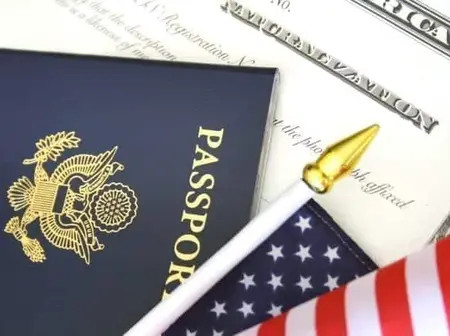The U.S. Citizenship and Immigration Services (USCIS) is preparing major changes that will impact both aspiring American citizens and skilled foreign workers. The agency plans to toughen the naturalization test and revamp the H-1B visa process, signaling a shift in how the U.S. manages legal immigration.
In a recent interview with The New York Times, USCIS Director Ur Jaddou’s predecessor, Joseph Edlow, criticized the current exam, stating that it “lacks the necessary rigour to ensure new citizens possess an adequate understanding of civic duties.”
His comments reflect a growing view among some policymakers that the naturalization process should be more than symbolic—it should test true civic competency.
USCIS is set to revise the civics portion of the U.S. citizenship test, which is a mandatory step for immigrants seeking naturalization. The proposed changes aim to make the test more rigorous, focusing on enhanced language comprehension and more complex civic concepts.
The current test already requires applicants to answer questions about U.S. history, government, and principles. The proposed update may include a written component and scenario-based questions that test not just knowledge but application of democratic principles in everyday life. Critics argue this could disadvantage immigrants with less formal education or limited English proficiency.
At the same time, USCIS is working to overhaul the H-1B visa system, which allows U.S. employers to hire foreign workers in specialty occupations like tech, engineering, and healthcare. The overhaul includes stricter rules on eligibility, improved fraud prevention, and a push toward more transparency in the selection process.
One key change is a shift toward a wage-based selection process instead of the current lottery system. Higher-paying job offers would get priority, favoring more highly skilled—and better-compensated—workers. The goal, according to USCIS, is to discourage abuse of the system and ensure that American employers are using the program to fill genuine gaps in the labor force.
USCIS says the changes are aimed at protecting U.S. workers, modernizing outdated systems, and promoting fairness and integrity. But immigration advocates worry the result may be a more exclusionary system that erects barriers rather than opening doors.
The proposed changes are still subject to public comment and possible revision, but if implemented, they’ll reshape two of the most critical paths for legal immigration into the United States.

Leave a Reply